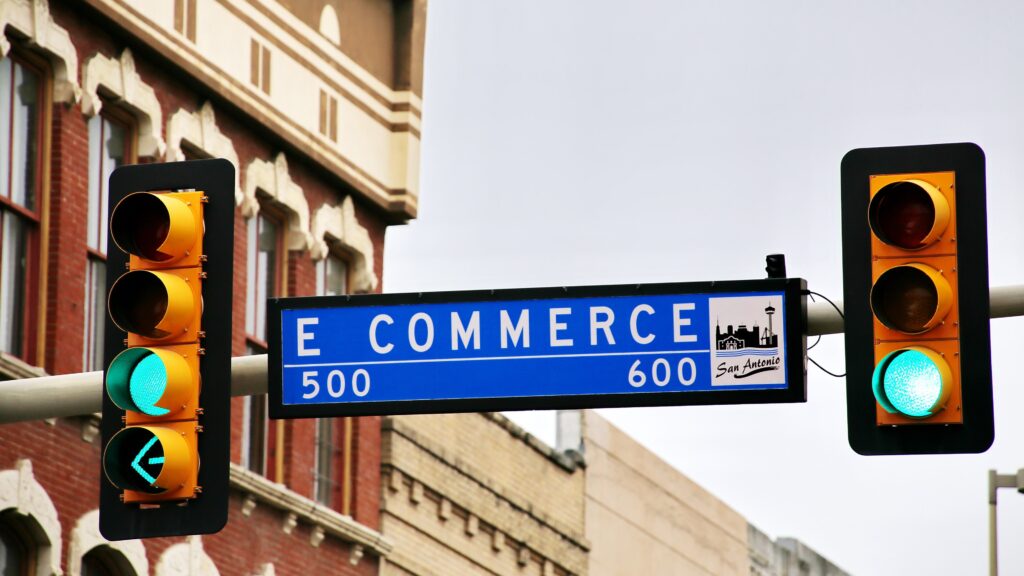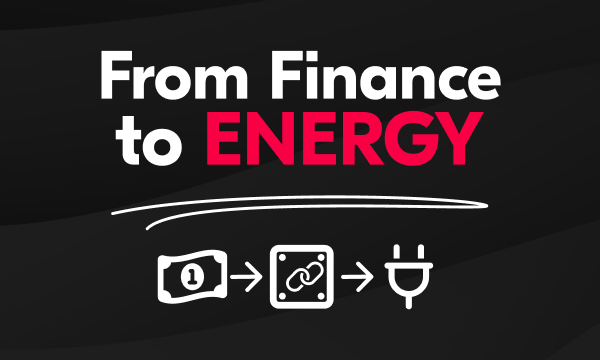Florian Martigny, founder of Hong Kong-based platform Luxify plans to launch a new standard in blockchain ecommerce. Espeo Blockchain consultants laid out ways the company can leverage the technology and corner the pre-owned luxury goods market. We’d like to share how we did it and what we learned from the project.
If you’re a bargain hunter with expensive tastes, finding a legitimate seller can be a challenge. At the same time, legitimate re-sellers face a suspicious customer base. This feedback loop limits demand and drive prices down. We’re helping Luxify and their network of pre-owned dealers change this. A blockchain marketplace can help verify and track luxury items — such as art or real estate — making the assets much easier to buy and sell.
Pain points
Luxify already connects affluent buyers with luxury retailers. We found that counterfeit goods pose a real risk to the business. Knock-off watches or forged handbags can make their way into the system limiting consumer trust. Ordering online takes a leap of faith. As ecommerce grows globally, the industry needs effective ways to fight fakes. The blockchain authentication system we proposed will help close the trust gap. If there is one thing that blockchain technology excels at it’s establishing immutable records among key stakeholders who may not otherwise trust each other or share information. Blockchain ecommerce will boost trust and attract more consumers.
Martigny reached out to Espeo Blockchain with one question: how can blockchain help my business? His experience running Luxify gives him a unique view of the market. Through our consulting project, we answered his questions and delivered a solid business plan for a blockchain authentication solution. Our proposal lays out a system to verify brand authenticity, track ownership, and protect the value of items through tokenization.
Luxify blockchain ecommerce
Since 2013, Luxify has been a market for new and used luxury goods. The company plans to meet the ever-growing demand for high-end western brands, especially in Asia. The company’s mission is to be the first to innovate luxury ownership by establishing an integrated mechanism for authenticity and traceability. However, blockchain is not a solution in itself — only a tool to streamline the business.
Customers ready to spend want stronger guarantees. Deep cooperation between the Luxify platform as well as a network of external sellers and experts help establish credibility. ERC-721 tokens do the rest. Our plan for a blockchain marketplace uses these to transfer ownership. Experience with fakes on other online platforms limits the overall market. Tech innovation especially blockchain will help the market expand.
Market Challenges
One of the main threats facing the $1.2 trillion luxury industry is as I mentioned counterfeit goods. Whole workshops of counterfeiters have perfected their techniques to roll out a steady stream of imitations. To the untrained eye, they’re hard to spot. While some of the existing methods to verify and trace luxury goods are somewhat adequate, they’re not particularly scalable. The profit from producing counterfeit products keeps pace with the overall luxury market giving an ever-increasing incentive to traffic fakes.
This not only erodes consumer trust but also helps fund criminal networks. Despite efforts to combat the spread of fakes, online retailers such as Amazon and Alibaba are still plagued by counterfeiting. Efforts to limit the spread so far are ineffective or simply don’t scale. They mostly involve banning scam sellers from the platform, which is not sustainable. Market forces are far more effective at deterring the practice.
With these challenges in mind, blockchain consultants Francois Devillez and Marcin Zduniak dove in laying the groundwork for a workable blockchain solution. Devillez recalled the project saying he always wants to know what product the market needs before starting a consulting project.
“Don’t try to disrupt a whole market,” he said. “Try to find your niche. If blockchain tech can help your business, then we can work on that, but if blockchain is not necessary, I don’t hesitate to say it.”
Obviously, by the consultation phase, we already have a pretty good idea that blockchain is a good fit for the client. For a luxury good ecommerce platform such as Luxify the lack of trust between buyer and seller is the major stumbling block — something we can solve. Everything else comes down to scalability.
Blockchain authentication
Over several days of consultation, Devilez and Zduniak crafted a tailor-made pitch deck for Martigny finding the best way for him to launch a blockchain ecommerce network. While he had a vision for using blockchain tech, refining this vision into a workable solution was our goal. Questions about public/private blockchains and STO/no STO were vital.
Of course, due to the counterfeiting and consumer trust issue, blockchain technology addresses a real market need. Verifying authenticity and establishing a clear ownership history helps to increase this trust. But how will the company actually do it? For digital assets, tokenization makes sense, but tracking physical assets with blockchain proved more challenging and still requires a level of centralization. One of our proposals is for the company to hire a team of vetted experts that they can send to sellers, verify the pricey watch is authentic, apply a tamper-proof RFID tag, and create an ERC-721 token to represent ownership.
We chose the RFID route precisely because an attempt to remove one breaks it and renders it useless. This solves the problem of trying to transfer the tag to a counterfeit item. Solutions like this already exist without the need for blockchain technology, of course. However, the real business value comes from the fact that only one expert needs to authenticate an item one time. Once approved, it will be on the blockchain ecommerce platform forever. Instead of hiring experts every time you’d like to sell your watch, you only need to do it once. This both reduces the cost and time of buying and selling luxury items.
Technical solutions
Our proposal for a blockchain marketplace uses Ethereum to handle transactions on the blockchain authentication system. Ethereum offers a robust network we’ve used for many of our clients. In terms of Ethereum scalability, we proposed using Plasma techniques to maintain asset storage. Platforms such as the Loom Network use similar solutions with sidechains to maintain a safe state of token assets.
Luxify tokens themselves will be non-fungible ERC-721 tokens which represent item ownership. As mentioned above, RFID tags attached by a team of experts will establish authenticity and enter the asset onto the blockchain ecommerce registry. Users will also have to keep their tokens in a wallet. We proposed a wallet integrated into a UX-friendly React native mobile application. This will reduce the time of development considerably.
Conclusion
We believe that Luxify and their partners will corner the luxury market with their blockchain marketplace. Our consultations with Martigny allowed us to get a better grasp of what the company would like to do with blockchain technology, and how to best achieve these goals together. Espeo Blockchain consultants produced a detailed pitch deck to show to investors. Having a clear, detailed plan allows the company to set development milestones and calculate ROI.
Luxify and a network of re-sellers are leveraging blockchain technology to cut down on fake goods and introduce greater trust into the market. Their first-mover advantage sets them apart in the region allowing them to reach their target ahead of the competition. Ecommerce will greatly benenfit from blockchain authentication — especially in the luxury sector. While blockchain technology is not a cure-all for every business, authenticity and traceability challenges make the second-hand luxury market a solid use case.
Thinking of leveraging blockchain in your business? Reach out to us for valuable insights into this fast-paced ecosystem.



